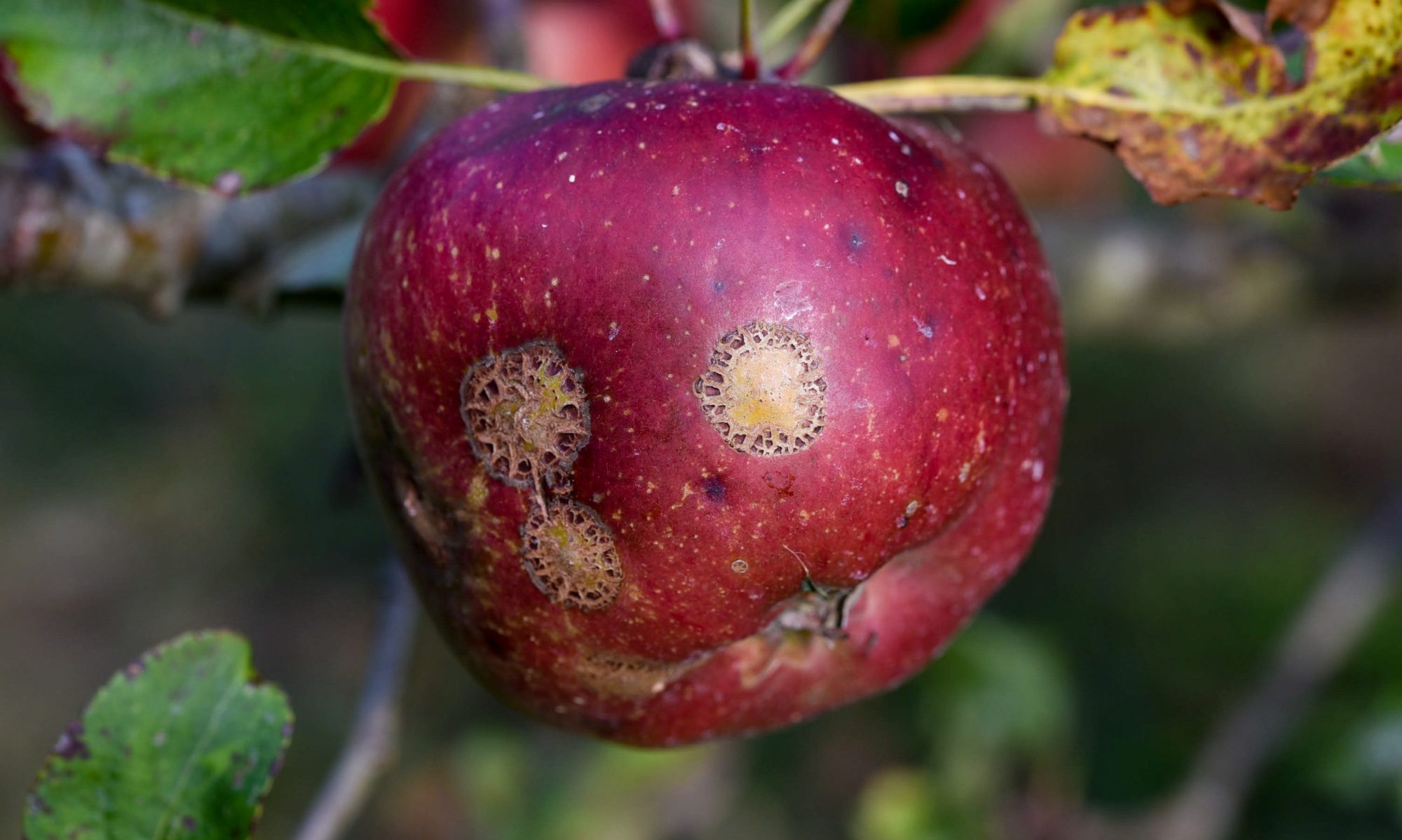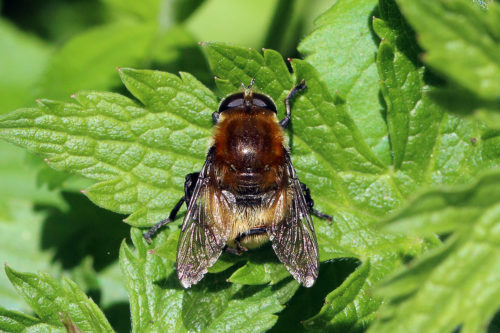Narcissus bulb fly, this + 13 mm hoverfly is black and strongly hairy.
Narcissus bulb fly (Merodon equestris), this + 13 mm hoverfly is black and strongly hairy. It belongs to the family of hoverflies (Syrphidae). The hoverfly lays its eggs at the base of the plant in late spring. After about 10 days, the eggs hatch and the millimeter-sized larvae eat their way into the bulb. The larvae eat away at the bulb and do not emerge until next spring.
Daffodils in sheltered, warm places, in particular, are more likely to be visited by the Narcissus bulb fly than those in open, windy places.
There is also a Onion Bulb Fly (Eumerus strigatus) – a smaller version of the Narcissus bulb fly and it’s also a pest insect. The Onion Bulb Fly lays its eggs near diseased and weak plants. The larvae feed on various bu
Where to find
- Daffodil
- Hippeastrum (outdoor cultivation)
- Snowdrop
- Scilla (squills)
Control
Difficult to to control; unfortunately, damage to the bu
Prevention
Dispose of plant waste so that the hatched larvae cannot develop into flies.
Ground cover under and between the bu

